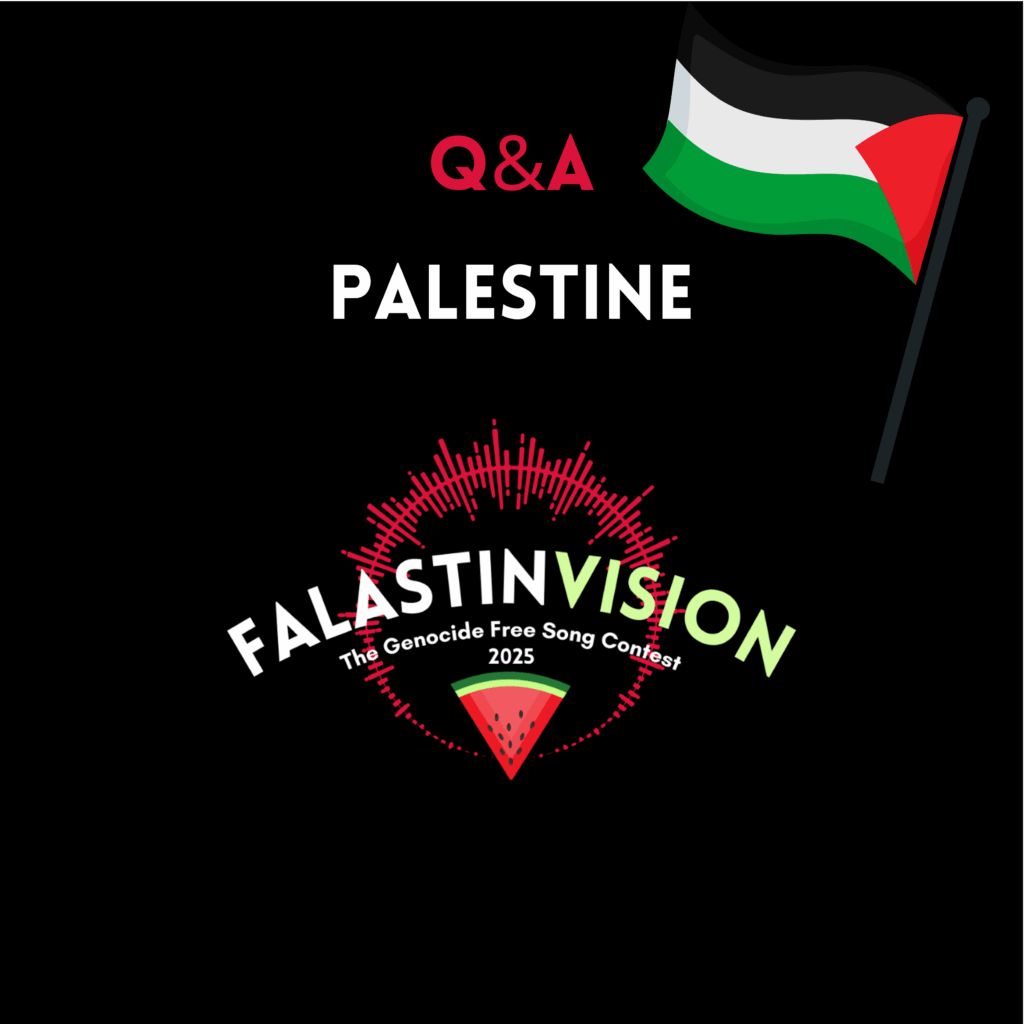
A Semite refers to people who speak a Semitic language, such as Arabic, Aramaic, Amharic and, Hebrew.
Critiquing a state plausibly engaged in genocide isn’t about antisemitism; Israel faces critics not due to its Jewish identity but for its inhumane treatment of Palestinians spanning seven decades.
Al Nakba, meaning “the great catastrophe” refers to the displacement of Palestinians that took place in 1948. Approximately 750,000 Palestinians were driven from their homes, and roughly 450 Palestinian villages were razed to the ground or taken over by Israeli forces. It is estimated that roughly 12,000 people were killed in direct connection, but Al Nakba has not stopped and is ongoing at the time of writing.
An occupying power accused of genocide and committing daily massacres of civilians should not be given access to this platform to whitewash themselves. While the EBU claims not to be political, Israel’s exclusion should be considered based on the same standard applied to other countries, including Russia and Belarus.
BDS stands for freedom, justice, and equality for all and is a Palestinian-led movement fighting for Palestinian human rights. It utilizes boycott, divestment, and sanctions as tools to spread its message and create change. For more information see links:
Passia is an Educational NGO seeking to present the Palestinian Question in its national, Arab, and international contexts through academic research, dialogue, education, and publication.
Tarweeda
Palestinian folk songs are fundamental components of Palestinian culture as a whole. It infuses social and political gatherings and even serves to explain the struggles and social traditions.
During the Great Palestinian Revolt in 1936, the British Mandate deliberately cut off communication between the revolutionaries and their villages.
Consequently, women devised a method of communicating with the revolutionaries, known as coded singing, which entails either reversing all of the phrases and discarding the phonetic pronunciation or just reversing or changing the last letter.
Although the songs seem arbitrary and unstructured, they were created by mothers and prisoners who yearned for one another as a means for communication. The intention was to render interactions difficult for occupying forces to track and understand.
Traditionally: https://youtu.be/XBNzLA_30mI
A more modern version: https://youtu.be/cmHm8zju41E?si=kVcMTaW3iQwM1Zq4 (Dana Salah) and https://youtu.be/Mtw7u_wcrNY?si=_u3mGlBJi8lwU65e (Amel Sdiri)
Israel’s national anthem based on a Palestinian lullaby
A Palestinian lullaby with lyrics whose melody has traveled through the Czech Republic, Romania and Italy is used in Israel’s national anthem, Hatikvah.
My mother taught me many songs
I will sing them to you with all the little ones
My little doll, sleep in bed
May the bird come and wake you up early
I am mama near you, sleep safely
All the children who are your age have been asleep for a long time
https://www.instagram.com/reel/CytHz-_Mair/?utm_source=ig_web_copy_link
***
Explore various traditional Palestinian songs
Mum, sing to the wind with Nai Barghouti: https://youtu.be/U7PErhd6zEM?si=exx8MpNxrp_bsaX8
The sun of love with Rim Banna:
https://youtu.be/7HxJ-0qgXpQ?si=H5ItrEVOY2k8otfO
Dammi Falastini with Mohammed Assaf: